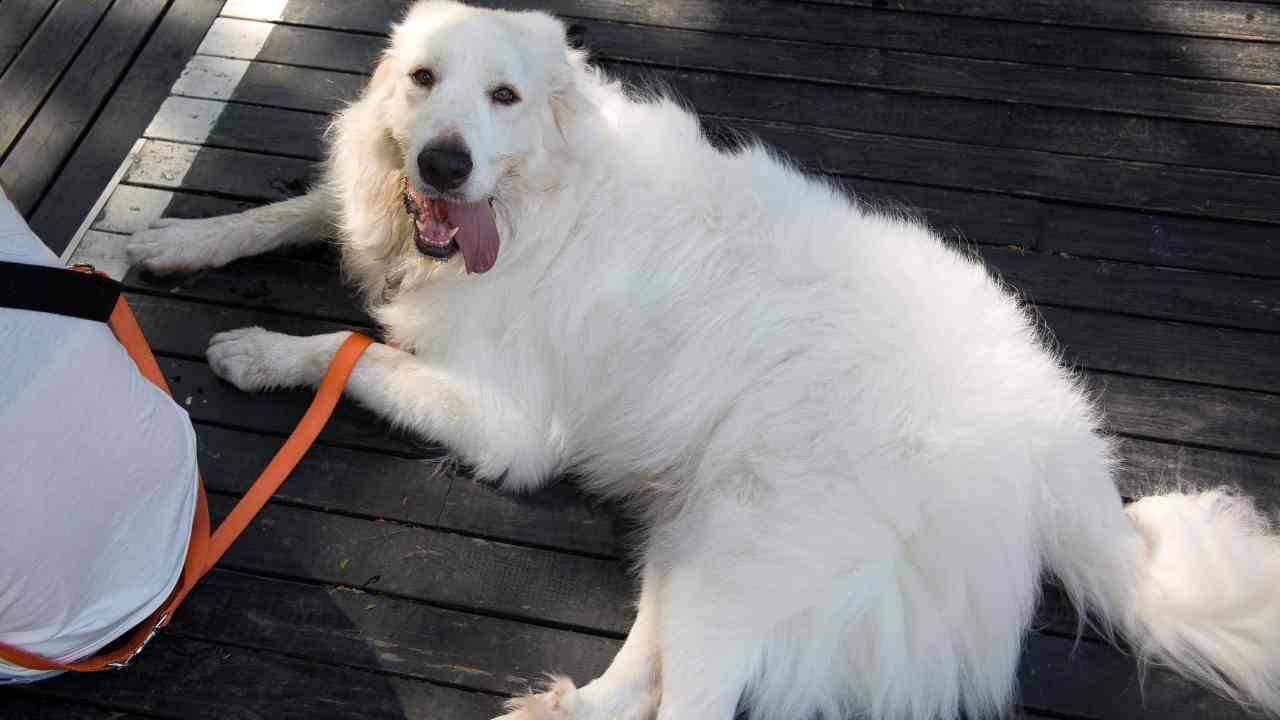Dog nutrition plays a significant role in keeping your furry friend healthy and well. As with our own diets, food can have an effect on your dog’s gut health, brain function, physical appearance as well as their energy levels. However, with so many pet food brands vying for your attention, it can be difficult narrowing down the best type of food to feed your dog. Here is a short guide to dog nutrition and how you can make the best choice to suit your dog’s needs.

Consult Your Vet
Consulting your vet about the types of food to feed your dog is especially important if you are a first-time dog owner, or if your new pet is a breed you are unfamiliar with. For example, what you feed to the Labrador, a dog whom you have had for years, might be different from what you should feed your Cane Corso. A reputable veterinarian practice can give you an understanding of your dog’s nutritional requirements. With some background information regarding your dog’s breed, you can determine the amount of food and snacks your pooch should consume on a daily basis.
The Original Doggy Diet
Our loveable, four-legged friends were domesticated by hunter-gatherers thousands of years ago and are descendants of grey wolves. Grey wolves of the past were omnivore creatures that hunted prey with a pack mentality and scavenged for eggs, plants and berries. Having evolved from omnivores, domesticated dogs naturally thrive on animal-based proteins, but can also eat vegetables and fruits to supplement their diet.
Do Your Research
As valued members of the family, you should do your research into different types of doggy diets to keep your dog healthy, and pick one that fits with your lifestyle and budget. Many pet owners opt for dry dog food. This is often the most inexpensive option, it keeps well without refrigeration and some varieties can help keep the teeth clean. Wet food, in the form of cans and pouches, is generally more nutritious and more expensive too. Once opened wet food needs to be kept in the fridge, but it usually has less additives and is better for dogs that are prone to bloat. Some dog owners nourish their pooches with a raw food diet. As the name suggests, this diet consists primarily of raw food, such as raw meat, bones, fruit and vegetables. Raw food is natural and full of nutrition. Due to the nature of this diet and the high protein and low carb content, it is argued that it is more biologically appropriate for dogs than dry and wet food.
Pay Attention
At the end of the day, the nourishment you provide your dog is completely up to you. Just make sure you do adequate research and always read the ingredients list so that you are aware of exactly what is going into your dog’s body. In addition, observe your dog on the first few days of their new diet. Some dogs may not enjoy the taste of certain food, while others might have allergies. If your dog doesn’t get on with their food, try out other types or give them a combination of food types until you find the right diet for them.
